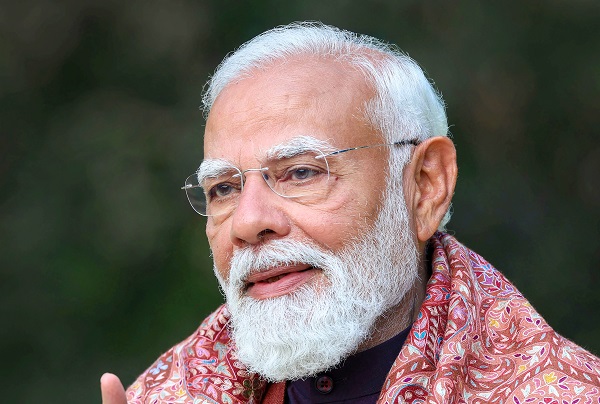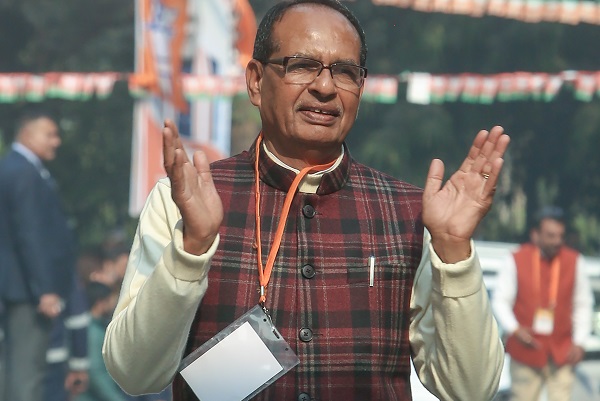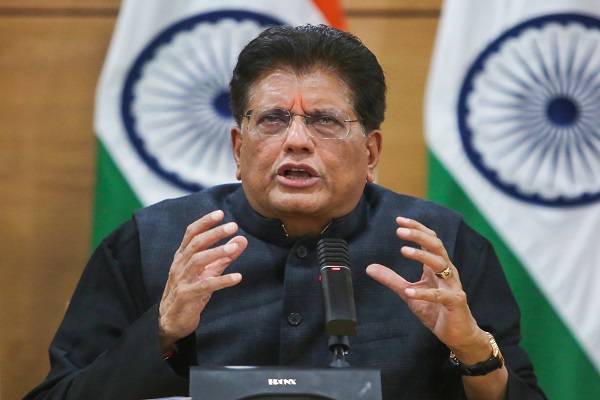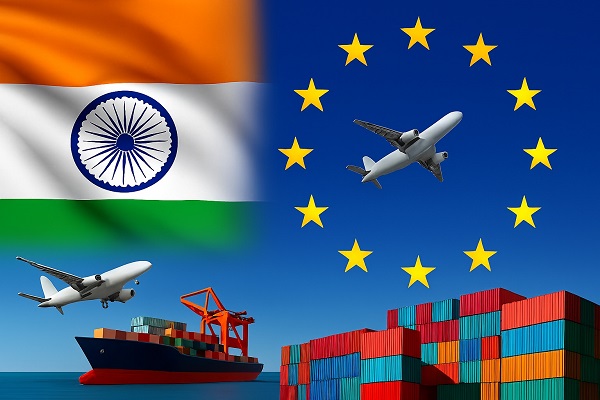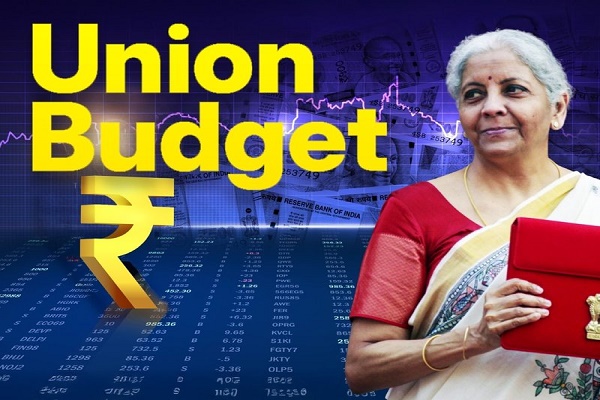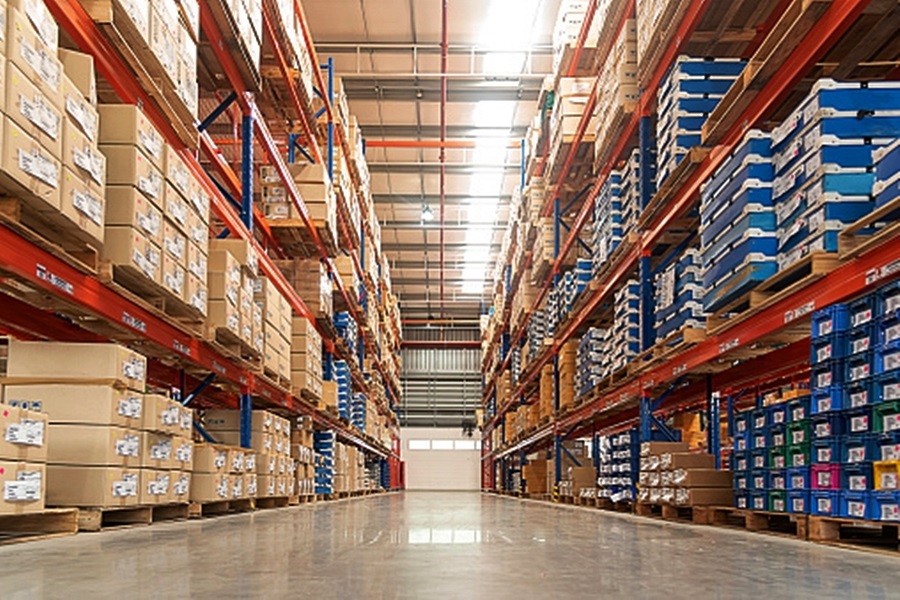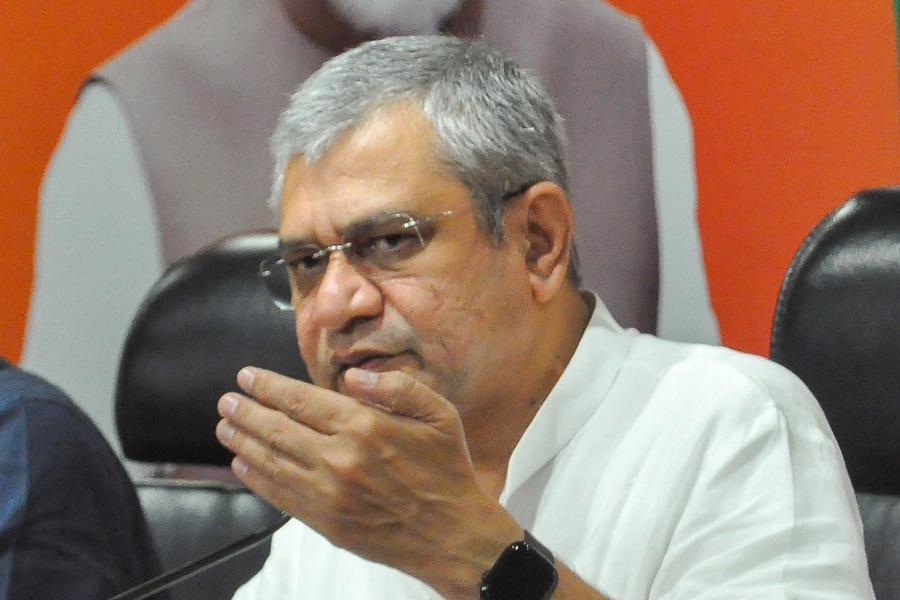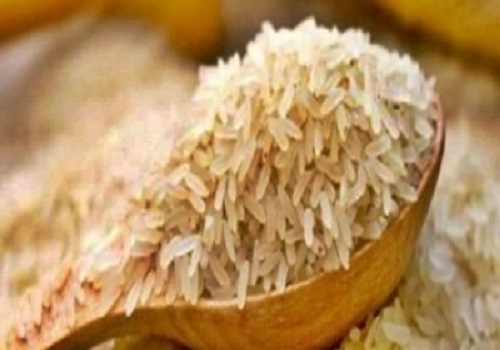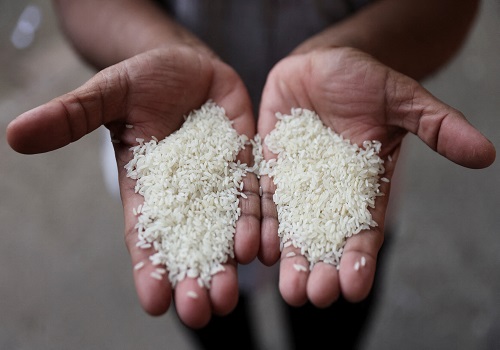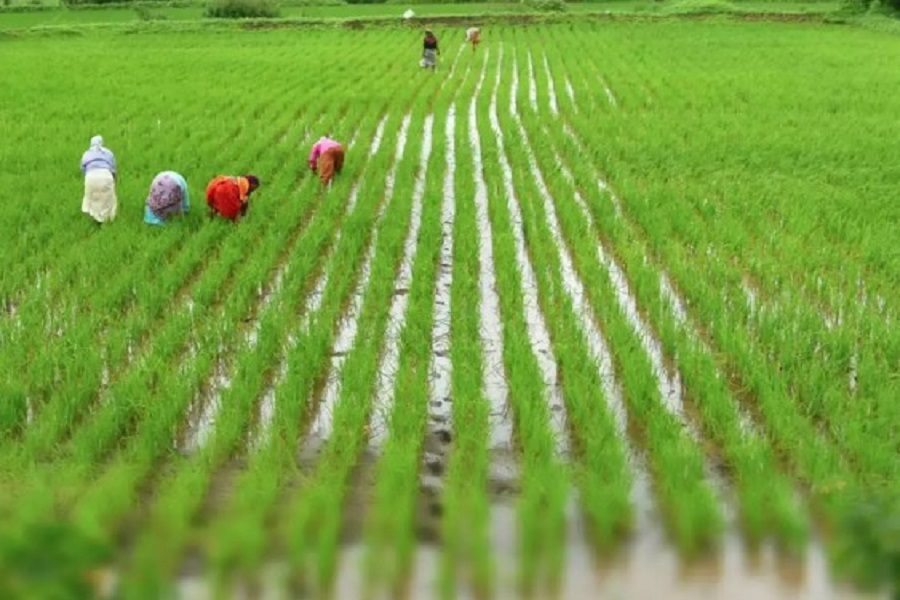India`s Oilmeal Exports Plummet : Key Markets and Commodities Affected by Amit Gupta, Kedia Advisory
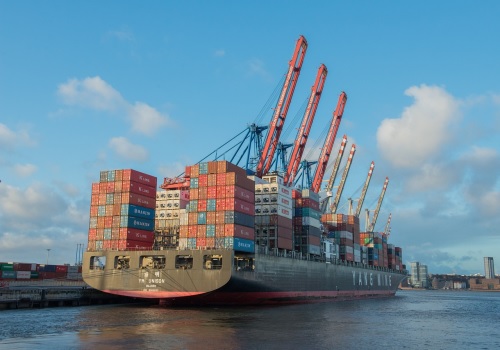
India’s oilmeal exports dropped by 31% in May 2024, primarily due to reduced shipments of rapeseed and castorseed meal. Over April-May 2024-25, exports fell 17%, despite an increase in soyabean meal exports. The government's extended ban on de-oiled ricebran exports has further impacted the market. Major importers, including South Korea, Vietnam, Thailand, and Bangladesh, showed significant declines in oilmeal imports from India.
Highlights
Overall Decline in Oilmeal Exports: India’s oilmeal exports decreased by 31% in May 2024 compared to May 2023, mainly due to lower shipments of rapeseed and castorseed meal.
April-May Export Data: During the first two months of 2024-25, oilmeal exports totaled 7.67 lakh tonnes, down 17% from 9.30 lakh tonnes in the same period of 2023-24.
Monthly Export Figures: In May 2024, oilmeal exports were 3.02 lakh tonnes, a significant drop from 4.36 lakh tonnes in May 2023, showing a 31% decrease.
Reduction in Rapeseed Meal Exports: Exports of rapeseed meal fell to 3.64 lakh tonnes in April-May 2024-25 from 4.80 lakh tonnes in the same period of 2023-24.
Castorseed Meal Exports Decline: Castorseed meal exports dropped to 57,387 tonnes in the first two months of 2024-25, compared to 73,238 tonnes in the corresponding period of the previous year.
Soyabean Meal Export Increase: In contrast, soyabean meal exports rose to 3.44 lakh tonnes during April-May 2024-25, up from 2.91 lakh tonnes in the same period of 2023-24.
Impact of De-oiled Ricebran Export Ban: The government’s prohibition on the export of de-oiled ricebran, which was extended until July 31, 2024, has impacted the market, with prices at a lower level and expected to decrease further.
South Korea's Imports: South Korea imported 1.66 lakh tonnes of oilmeals in April-May 2024-25, down from 1.89 lakh tonnes in the same period of the previous year. This included rapeseed meal, castorseed meal, and soyabean meal.
Vietnam's Imports: Vietnam's oilmeal imports significantly dropped to 32,699 tonnes in April-May 2024-25 from 1.42 lakh tonnes in the corresponding period of the previous year, mainly consisting of rapeseed meal and soyabean meal.
Thailand's Imports: Thailand imported 57,390 tonnes of oilmeals in April-May 2024-25, a decrease from 1.52 lakh tonnes in the same period of 2023-24, primarily consisting of rapeseed meal and soyabean meal.
Bangladesh's Imports: Bangladesh's oilmeal imports decreased to 1.39 lakh tonnes in April-May 2024-25 from 1.93 lakh tonnes in the same period of the previous year, including rapeseed and soyabean meal.
Iran's Soyabean Meal Imports: Iran emerged as the largest importer of Indian soyabean meal, importing 81,475 tonnes during April-May 2024-25, including shipments via Dubai.
Conclusion
India's significant reduction in oilmeal exports, driven by lower shipments of rapeseed and castorseed meal, highlights the challenges faced in maintaining export levels. Despite an uptick in soyabean meal exports, overall performance has declined, exacerbated by the ban on de-oiled ricebran exports. The fluctuating market dynamics and governmental policies underscore the need for strategic adjustments to bolster exports. Addressing these issues is critical to stabilizing the market and enhancing India's position in the global oilmeal trade. Continued monitoring and adaptive strategies will be essential moving forward.
Above views are of the author and not of the website kindly read disclaimer

